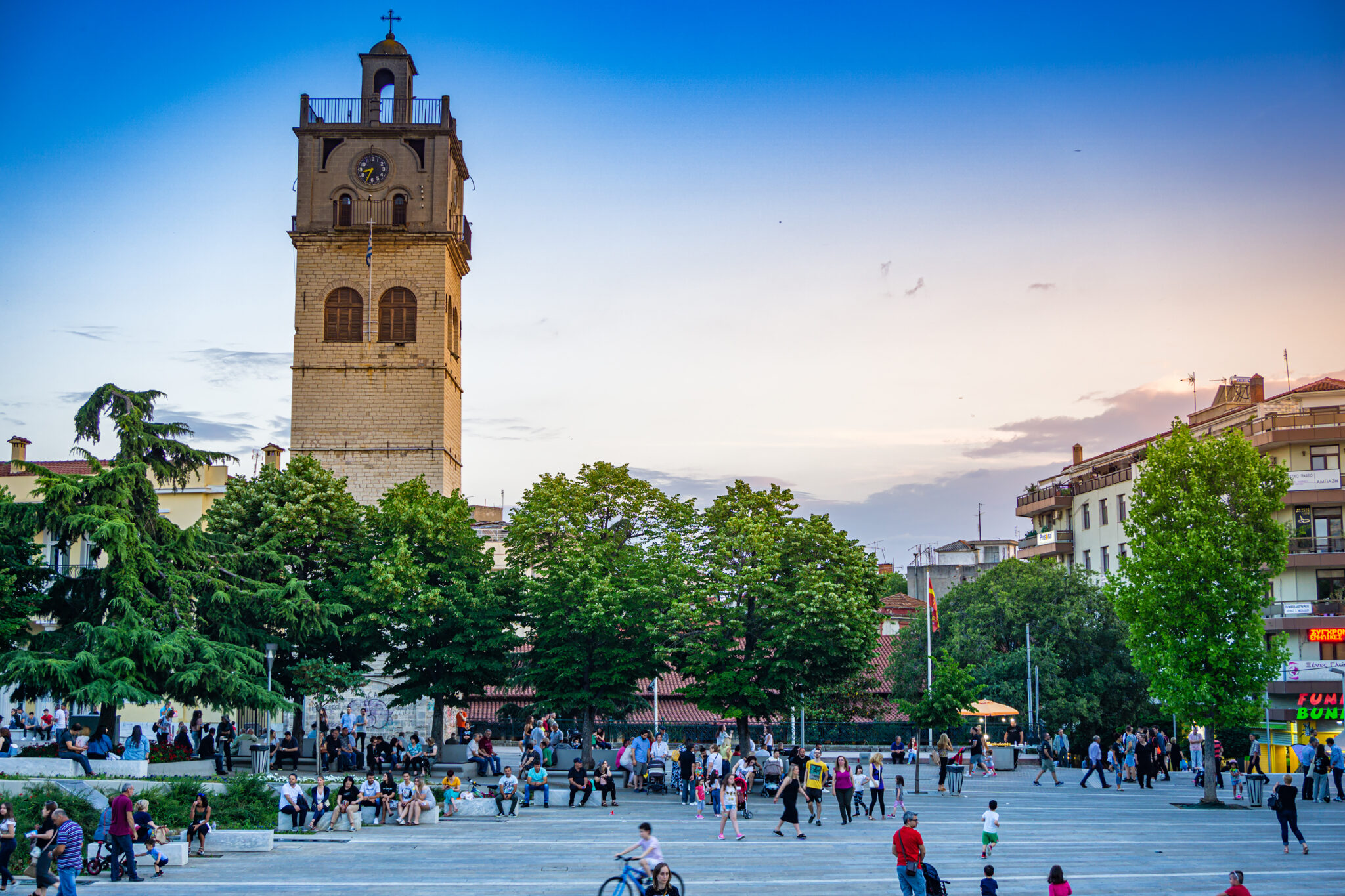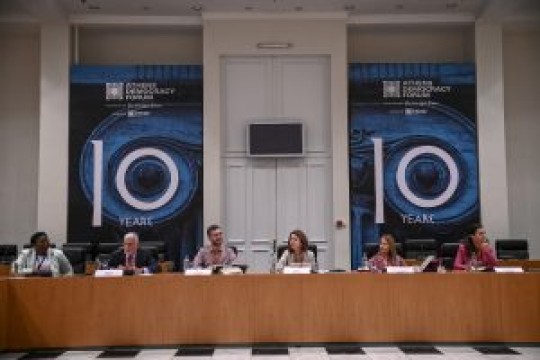ΚΟΜΒΟΣ ΚΛΙΜΑΤΙΚΗΣ ΑΛΛΑΓΗΣ
Γνώση, δικτύωση,
τεχνογνωσία,
κατάρτιση
Τι κάνουμε
Στοχεύουμε στην ενίσχυση της περιβαλλοντικής δημοκρατίας, ενεργοποιώντας και ενδυναμώνοντας την κοινωνική ευθύνη. Με αυτόν τον τρόπο συμβάλλουμε στην ενίσχυση του πράσινου μετασχηματισμού και την επίτευξη της ανθεκτικότητας.
ΕΡΓΑΠου δραστηριοποιούμαστε
Παρέχουμε αξιόπιστη συλλογή πληροφοριών και δεδομένων, τεχνογνωσία, δικτύωση σε εθνικό και διεθνές επίπεδο αλλά και ίσες ευκαιρίες στους πολίτες και τους φορείς, όλων των επιπέδων, προκειμένου να αναλάβουν συντονισμένα δράση για την κλιματική αλλαγή.
ΑΞΟΝΕΣ ΔΡΑΣΗΣΠοιοι είμαστε
Είμαστε μια ομάδα επιστημόνων, ερευνητών και επαγγελματιών , που πιστεύει και επιδιώκει τη δημιουργία γεφυρών επικοινωνίας μεταξύ της επιστήμης, της πολιτικής και των πολιτών με πάθος για την πράσινη μετάβαση.
Η ΟΜΑΔΑ ΜΑΣΜε ποιους συνεργαζόμαστε
Συνεργαζόμαστε με Δήμους, οργανώσεις της κοινωνίας των πολιτών, δημόσιους φορείς και ιδιωτικούς εταίρους με έμφαση στο τοπικό επίπεδο.
ΙΔΡΥΤΙΚΟΙ ΕΤΑΙΡΟΙΠοιοι είμαστε

Τα έργα μας
Δείτε τα έργα που υλοποιεί ο Κόμβος Κλιματικής Αλλαγής για την κλιματική αλλαγή.
Με το βλέμμα στην πόλη της Κοζάνης

Ο Κόμβος Κλιματικής Αλλαγής και το Δίκτυό μας
Με δυναμική κοινότητα, στρατηγικές συνεργασίες και χιλιάδες χαρτογραφημένες δράσεις, ο Κόμβος Κλιματικής Αλλαγής αποτελεί την πρώτη οργανωμένη πλατφόρμα για την πράσινη μετάβαση στην Ελλάδα.
Πυλώνας Δράσης
4
Τα έργα της κοινότητας
1885
Φορείς
441
Συνεργάτες
14
Τα έργα μας
3





